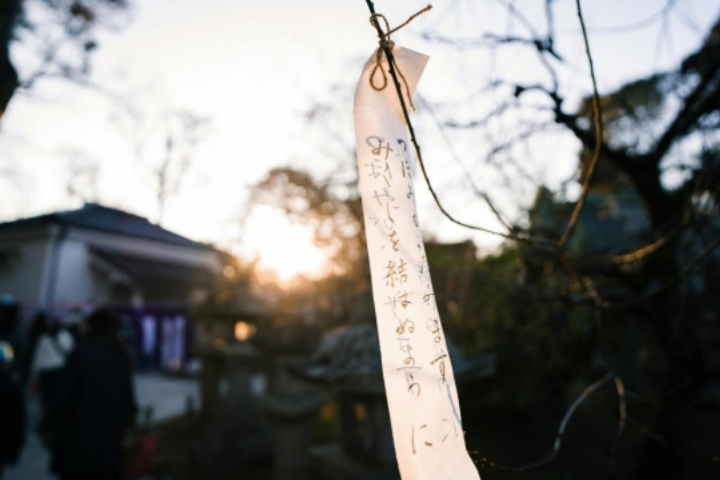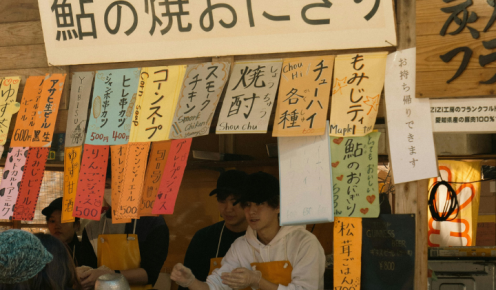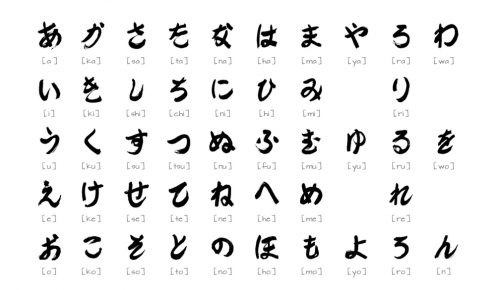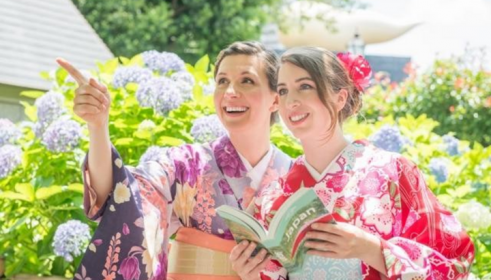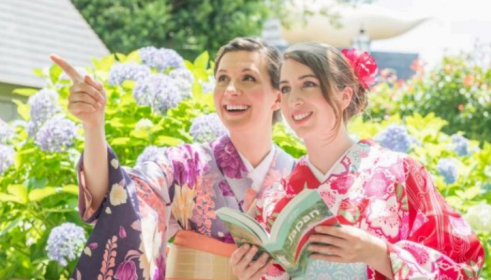Japanese culture is renowned for its depth and complexity, intricately woven with layers of tradition, philosophy, and language. Within this culture lies the invaluable treasures of wisdom encapsulated in the form of idioms and proverbs. These linguistic gems offer profound insights into the Japanese mindset, societal values, and historical context. In this comprehensive exploration, we embark on a journey through the rich landscape of Japanese idioms and proverbs, deciphering their meanings and unraveling the cultural significance they hold.
1. The Significance of Idioms and Proverbs in Japanese Culture:
Idioms and proverbs are not merely linguistic tools but are deeply ingrained in the fabric of Japanese society. They serve as repositories of collective wisdom, reflecting the experiences, beliefs, and values passed down through generations. These expressions offer a succinct means of conveying complex ideas and emotions, enriching communication and fostering cultural cohesion. Understanding the significance of idioms and proverbs is essential for appreciating the nuances of Japanese language and the depth of its cultural heritage.
2. Wisdom in Simplicity: Common Japanese Idioms:
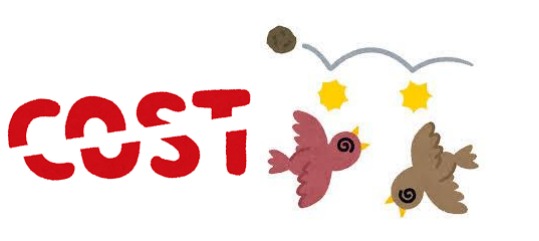
Japanese idioms exemplify the cultural ethos of simplicity and efficiency. Take, for instance, the expression “一石二鳥” (isseki ni chou), which translates to “Kill two birds with one stone.” This idiom encapsulates the Japanese value of maximizing productivity and resourcefulness, urging individuals to accomplish multiple goals with a single action. Similarly, phrases like “猫の額” (neko no hitai), meaning “The size of a cat’s forehead,” emphasize the appreciation for modesty and minimalism inherent in Japanese culture.
3. Nature’s Influence: Idioms Inspired by the Environment:
Nature holds a profound influence on Japanese culture, serving as a boundless source of inspiration for idiomatic expressions. Consider the phrase “棚からぼた餅” (tana kara botamochi), which translates to “A rice cake falling from the shelf.” This idiom symbolizes unexpected good fortune, drawing parallels with the serendipitous nature of objects tumbling from a shelf. Similarly, “蓼食う虫も好き好き” (tade kuu mushi mo sukizuki), meaning “Even insects have preferences when eating knotweed,” highlights the acceptance of diverse tastes and perspectives within Japanese society.
4. Metaphors of Life: Idioms Reflecting Human Experiences:
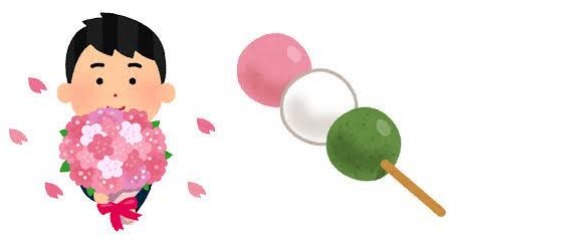
Japanese idioms often serve as metaphors for the human experience, offering profound insights into emotions, relationships, and resilience. For instance, “腹が据わる” (hara ga suwaru), or “Settle one’s stomach,” signifies emotional stability and resilience, urging individuals to maintain composure in the face of adversity. Conversely, “花より団子” (hana yori dango), which translates to “Dumplings over flowers,” prioritizes substance over superficial beauty, emphasizing the value of practicality and substance.
5. Cultural Insights: Proverbs Reflecting Japanese Values:

Proverbs serve as distilled wisdom, encapsulating timeless truths and cultural values. “出る釘は打たれる” (deru kugi wa utareru), or “The nail that sticks out gets hammered down,” underscores the importance of conformity and humility in Japanese society, advocating for harmonious coexistence within the community. Similarly, “猿も木から落ちる” (saru mo ki kara ochiru), meaning “Even monkeys fall from trees,” promotes humility and resilience in the face of failure, reminding individuals of their shared humanity.
6. Timeless Wisdom: The Endurance of Japanese Idioms and Proverbs:
Despite the ever-changing landscape of language and society, Japanese idioms and proverbs endure as timeless reflections of cultural heritage. Their resilience transcends generations, serving as a bridge between the past and the present. By studying these linguistic artifacts, we gain not only insights into Japanese culture but also a deeper understanding of universal truths about human nature and the human experience.
7. Historical Roots: Origins and Evolution of Japanese Idioms and Proverbs:
To truly understand Japanese idioms and proverbs, it’s essential to explore their historical roots and evolution over time. Many idiomatic expressions have their origins in ancient folklore, literature, and cultural practices. For example, idioms related to samurai culture or agricultural traditions reflect the historical context in which they emerged. By tracing the evolution of these expressions, we gain insights into how they have shaped and been shaped by Japanese society throughout history.
8. Regional Variations: Dialectical Diversity in Japanese Idioms and Proverbs:
Japan’s diverse geographical landscape and regional dialects have contributed to a rich domain of idiomatic expressions with unique variations across different parts of the country. From the northern island of Hokkaido to the southernmost prefecture of Okinawa, each region boasts its own distinct linguistic flavor. Exploring regional variations in idioms and proverbs not only highlights the cultural diversity within Japan but also offers a glimpse into the daily lives and traditions of its people.
9. Modern Interpretations: Contemporary Relevance of Japanese Idioms and Proverbs:
While rooted in tradition, Japanese idioms and proverbs continue to exert influence in modern society, adapting to the changing times and evolving cultural norms. In today’s digital age, these expressions find new life in social media, advertising, and popular culture. Understanding how traditional idioms and proverbs are reinterpreted and repurposed in contemporary contexts provides valuable insights into the ongoing evolution of Japanese language and society.
10. Learning and Appreciating Japanese Idioms and Proverbs:
For language learners and enthusiasts alike, delving into the world of Japanese idioms and proverbs offers a rewarding journey of discovery. Resources such as textbooks, online courses, and language exchange programs provide valuable opportunities to study and practice these expressions in context. Additionally, engaging with native speakers and immersing oneself in Japanese media, literature, and folklore can deepen one’s appreciation for the richness and depth of Japanese language and culture. To learn more about Japan and the Japanese language check out our YouTube channel Nihongomax.

Nihongomax as your launchpad!
We are Japanese language Training Institute based in Delhi; we provide the best coaching for Japanese language learners. You can check out our website Nihongomax.com for more details about offline courses. We have also curated high-quality online lessons for learners who prefer to learn online according to their schedules. So, get ready to start your Japanese language learning today with us today.

